Fennel seasoning is a versatile spice made from the dried seeds of the fennel plant (Foeniculum vulgare). It delivers a sweet, licorice-like aroma and flavor that enhances dishes from roasted vegetables to sausages and bread. This guide covers everything you need to know: what it is, how to use it, health benefits, buying tips, and answers to common questions.
Table of Contents
- What Exactly Is Fennel Seasoning?
- The Flavor Profile: Licorice Without the Drama
- Health Perks That'll Make You Reach for the Spice Jar
- Top 7 Ways to Use Fennel Seasoning Like a Pro
- Buying Guide: How to Choose the Best Fennel Seasoning
- Frequently Asked Questions
- Final Thoughts
What Exactly Is Fennel Seasoning?
Fennel seasoning typically comes in two forms: whole seeds or ground powder. It's derived from the fennel plant (*Foeniculum vulgare*), native to the Mediterranean but now grown worldwide. The seeds are actually small dried fruits packed with aromatic oils that give them their signature flavor profile.
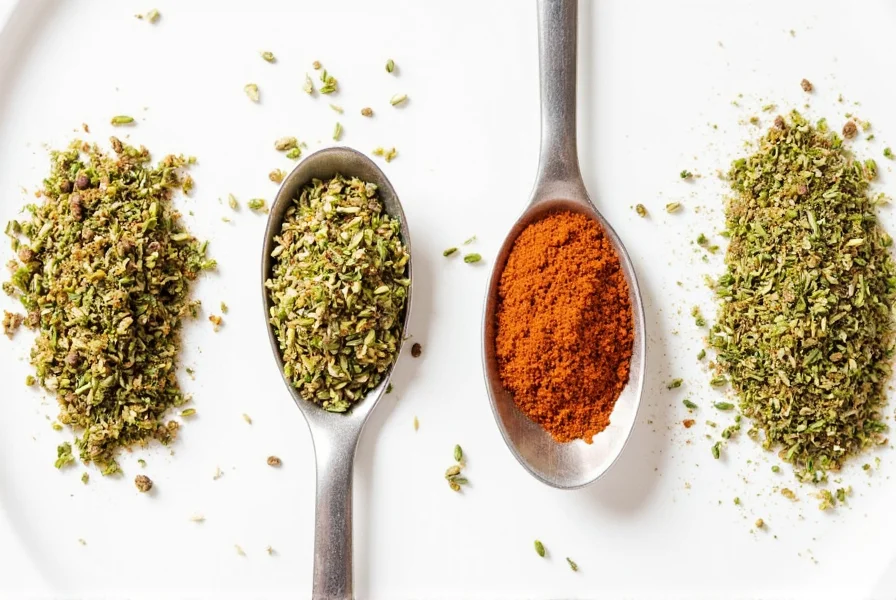
While both whole and ground fennel have their place in the kitchen, understanding when to use each can elevate your cooking game:
| Form | Best For | Flavor Intensity | Shelf Life |
|---|---|---|---|
| Whole Seeds | Roasting, dry rubs, bread baking | Mild to moderate | 3–4 years |
| Ground Powder | Sauces, stews, spice blends | Moderate to strong | 2–3 years |
The Flavor Profile: Licorice Without the Drama
You know how some people love black licorice and others can't stand it? Fennel strikes a perfect balance. It's got that anise-like sweetness, but it's softer and more versatile than actual licorice root. Think of it as the friendly cousin who shows up at Thanksgiving with a warm smile and a killer side dish.
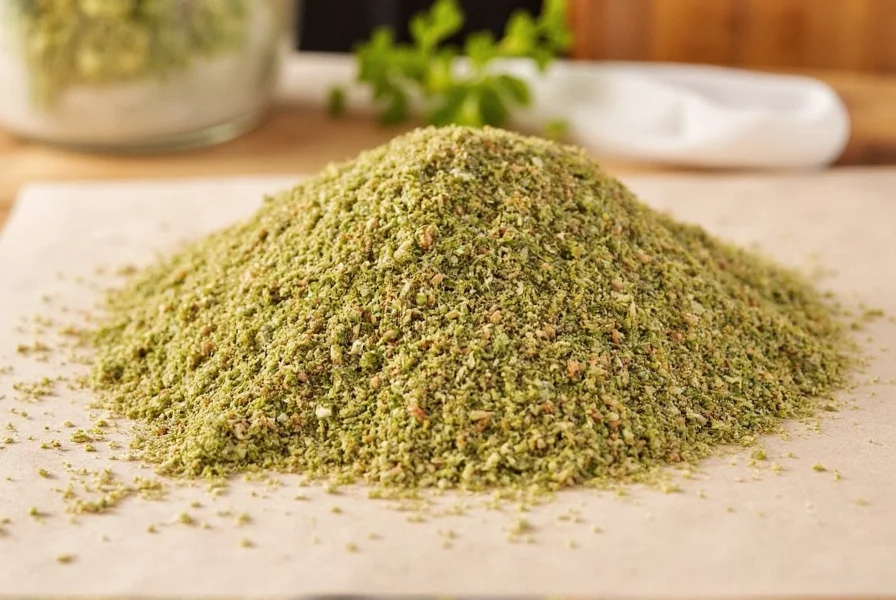
Flavor Notes:
- Sweet, herbal
- Cooling finish
- Elegant earthiness
- Hint of citrus peel
Health Perks That'll Make You Reach for the Spice Jar
Beyond flavor, fennel packs a nutritional punch. It's rich in antioxidants, fiber, and essential minerals like potassium and magnesium. Here's what science says about its health benefits:
- Digestive Aid: Fennel has been used for centuries to soothe bloating and indigestion.
- Anti-inflammatory: Compounds like anethole may help reduce inflammation in the body.
- Rich in Fiber: Aids in digestion and supports gut health.
- Hormonal Balance: Some studies suggest fennel may support estrogen regulation, though always consult a healthcare provider before using it medicinally.
Top 7 Ways to Use Fennel Seasoning Like a Pro
Ready to upgrade your spice game? Here are seven surprisingly tasty ways to use fennel seasoning:
- Pasta Perfection: Sprinkle ground fennel into tomato sauces or sausage-based pasta dishes. Italian cooks swear by it!
- BBQ Rub Magic: Mix ground fennel with smoked paprika, garlic, and brown sugar for a killer dry rub on pork ribs or brisket.
- Homemade Bread: Add crushed fennel seeds to sourdough or focaccia dough for a rustic, aromatic twist.
- Vegetable Roasts: Toss fennel seeds with carrots, parsnips, or Brussels sprouts before roasting for extra depth.
- Spiced Popcorn: Melt butter, add a pinch of salt and ground fennel, then pour over freshly popped corn for a movie-night snack with flair.
- Curry Base: In Indian-inspired dishes, fennel often appears in garam masala blends. Try making your own mix with cumin, coriander, and cardamom.
- Infused Oils: Crush fennel seeds and steep them in olive oil for a few days. Strain and use in dressings or marinades.
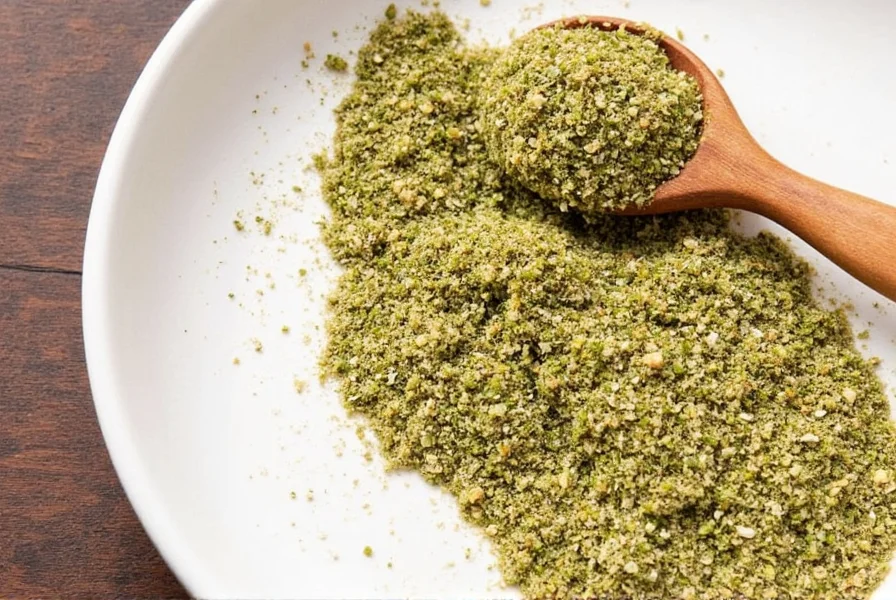
Buying Guide: How to Choose the Best Fennel Seasoning
Not all fennel seasonings are created equal. Whether you're grabbing a jar off the grocery shelf or ordering from an online specialty shop, here are the things to look for:
Factors to Consider:
- Origin: Italian and Indian fennel seeds are highly regarded for their quality and aroma.
- Form: Whole seeds last longer; ground fennel offers convenience but loses potency faster.
- Organic vs Conventional: If you're concerned about pesticides, opt for certified organic options.
- Packaging: Look for dark glass jars or opaque containers to protect the seeds from light degradation.
- Aroma: Fresh fennel should smell fragrant and slightly sweet. Avoid dull-smelling or musty products.
Recommended Brands:
| Brand | Product Type | Key Features | Best For |
|---|---|---|---|
| Spice Garden Essentials | Whole Fennel Seeds | Non-GMO, air-tight resealable bag | Home bakers, slow-cookers |
| Herb & Co. | Organic Ground Fennel | USDA Organic, fair trade sourced | Quick meals, spice blends |
| The Spice Merchant | Fennel Seed Blend Pack | Mix of green and golden fennel varieties | Chefs looking for complexity |
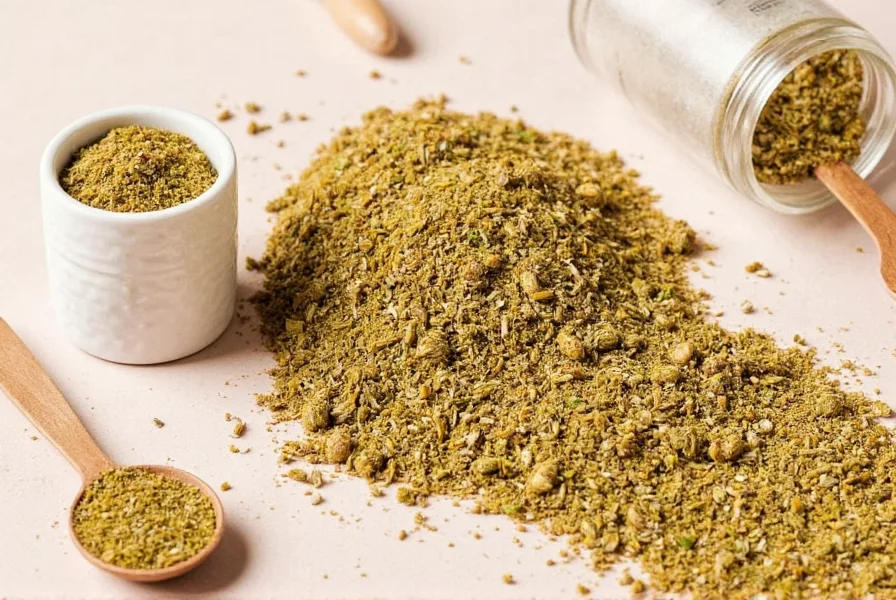
Frequently Asked Questions
Can I substitute fennel seed with something else?
If you're out of fennel, you can use anise seeds as a close alternative. However, anise is stronger, so start with half the amount and adjust to taste. Star anise is another option but has a more intense flavor profile.
Does fennel seasoning go bad?
It doesn't spoil in the traditional sense, but it gradually loses potency. Whole seeds stay fresh for up to four years when stored properly in a cool, dark place. Ground fennel begins fading after two years, so it's best used within 18 months for optimal flavor.
Is there a difference between sweet fennel and bitter fennel?
Yes! Sweet fennel (also called Florence fennel) is the bulb vegetable you find in salads. Bitter fennel refers to wild fennel, which has a stronger flavor and is often used for medicinal purposes. For seasoning, sweet fennel seeds are preferred in culinary applications.
Can I grow my own fennel for seasoning?
Absolutely! Fennel is easy to grow in well-drained soil and full sun. Harvest the seeds once the flowers turn brown and dry on the stalk. Simply cut the seed heads and place them in a paper bag to finish drying. The seeds will fall into the bag as they dry completely.
How much fennel should I use in recipes?
Start with 1/4 teaspoon of ground fennel or 1/2 teaspoon of crushed seeds per serving. Fennel's flavor builds slowly, so you can always add more during cooking. For meat rubs, use 1 teaspoon per pound of meat. In baked goods, 1/2 teaspoon per cup of flour works well without overwhelming other flavors.
Is fennel safe for children or pregnant women?
In culinary amounts used for seasoning, fennel is generally considered safe for both groups. However, medicinal doses or fennel tea should be avoided during pregnancy without medical supervision. For infants with colic, small amounts of fennel tea are sometimes used, but always consult a pediatrician first.
What dishes pair best with fennel?
Fennel shines in Mediterranean and Indian cuisines. It complements pork, sausage, and seafood exceptionally well. Try it with roasted root vegetables, in tomato-based sauces, or with citrus fruits. It also pairs beautifully with other warm spices like cumin, coriander, and cinnamon in spice blends.
Final Thoughts
Fennel seasoning isn't just another dusty bottle in the back of your pantry — it's a culinary wildcard with the power to transform everything from grilled meats to roasted vegetables. Once you get comfortable with its unique flavor, you'll wonder how you ever cooked without it.
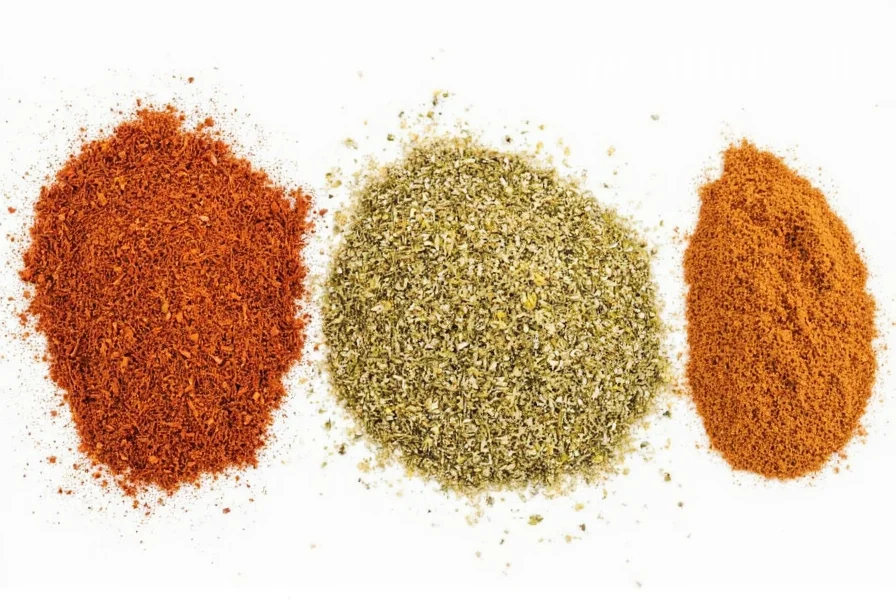
So next time you're reaching for cumin or coriander, give fennel a chance to shine. It's affordable, versatile, and packed with character. Whether you're a weekend warrior in the kitchen or a seasoned chef, fennel seasoning deserves a spot on your shelf — and in your favorite recipes.

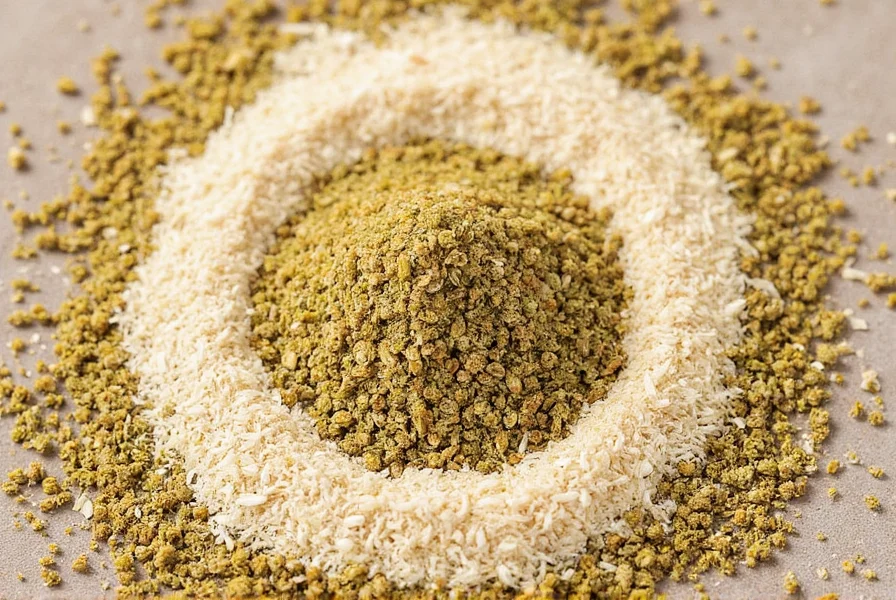









 浙公网安备
33010002000092号
浙公网安备
33010002000092号 浙B2-20120091-4
浙B2-20120091-4